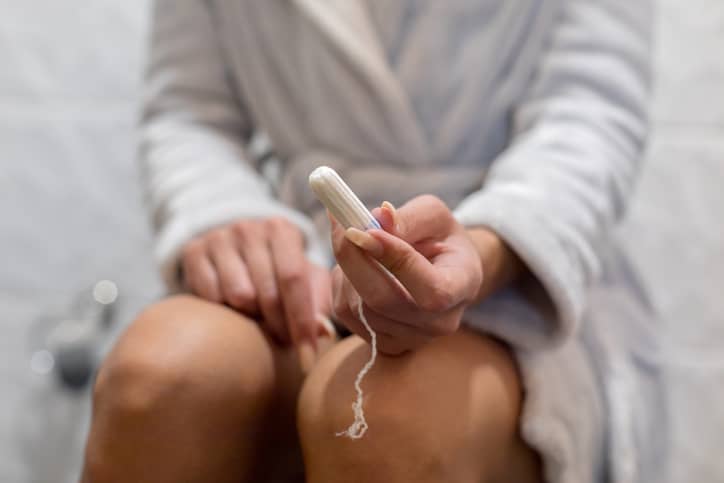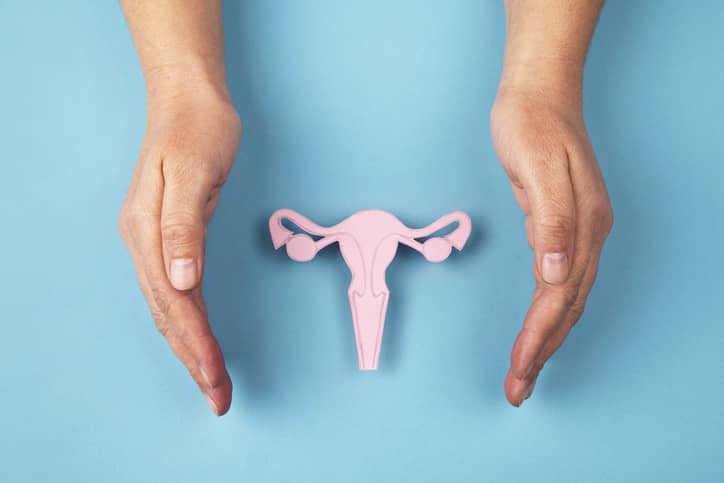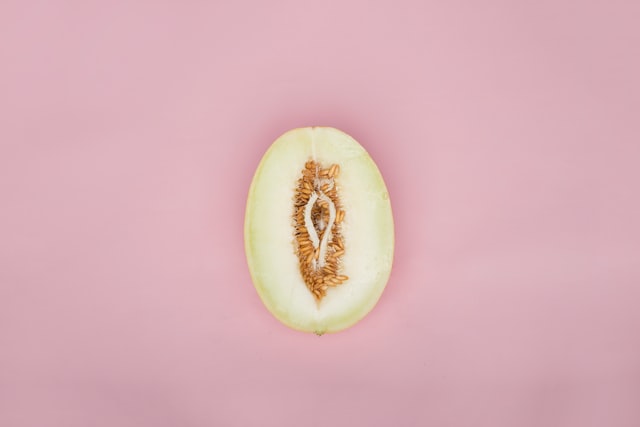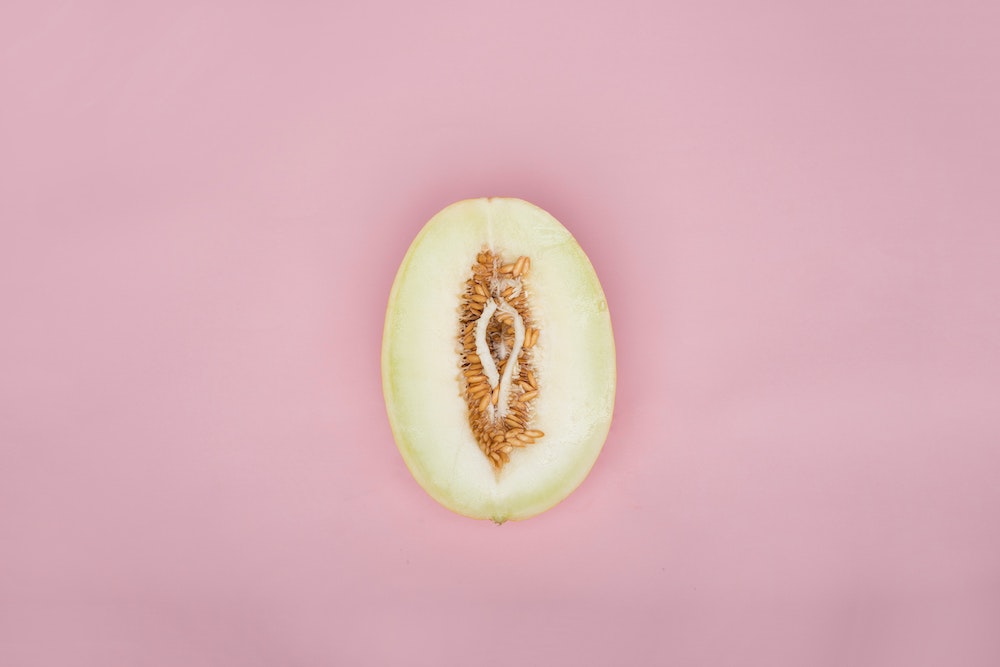It’s normal for your vagina to have a slight smell, and the way it smells can vary, too. You might notice a change in odour at certain points in your menstrual cycle, for example. So a slight change in smell isn’t necessarily a problem.
However, if you suddenly notice a strong, unpleasant smell, you might have an infection or a condition that needs treatment.
Read on to learn about some of the most common causes of unusual vaginal odour, and what you can do about them.
Bacterial vaginosis
Your vagina always contains a certain amount of bacteria, and this is healthy. But bacterial vaginosis (BV) is an infection caused by having too much of a certain bacteria. This changes the normal bacterial balance of your vagina and can sometimes cause it to smell.
BV is the most common type of vaginal infection. It’s not a sexually transmitted infection (STI). However, it can make you more likely to get an STI, like chlamydia.
It doesn’t have any symptoms in about half the people who have it, but you may get a thin, grey or white vaginal discharge with a strong, fish-like smell. This smell may be particularly noticeable after sex.
Other symptoms of BV can include pain, itching or burning in and around your vagina and a burning sensation when you pee.
BV sometimes goes away on its own, but it may keep coming back – so if you think you might have it, you should see your doctor. It can be treated with a course of antibiotics, in the form of tablets you take or a cream you apply to your vagina.
There are things you can do to help with the symptoms of BV and stop it from coming back. These include:
- washing your genital area with water and plain soap
- showering instead of taking a bath
- not using perfumed soaps, bubble bath, shower gel and shampoo in the bath
- not using vaginal deodorants, washes or douches
- not putting antiseptic liquid in the bath
- not using strong detergents to wash underwear
- not smoking
Trichomoniasis
Your vagina can also smell unpleasant if you have trichomoniasis, which is a STI caused by a tiny parasite called Trichomonas vaginalis (TV).
As with BV, you won’t always get symptoms – up to half of people don’t (but they can still pass the infection on). If you do get symptoms, they usually appear within a month. They include having more discharge than normal, with an unpleasant, fishy odour – it can also be frothy and yellow-green in colour. You might also notice soreness, swelling or itching around your vagina, or pain when peeing or having sex.
Like BV, trichomoniasis can be treated with antibiotics, so you should visit your doctor or a sexual health clinic if you think you might have been infected. If you do have it, your recent sexual partners should also get treatment.

Pelvic inflammatory disease
It’s also possible for a smelly vagina to be caused by a serious condition called pelvic inflammatory disease (PID). This is an infection of your reproductive organs that’s often a complication of STIs such as chlamydia or gonorrhoea, or other infections.
As well as an unusual vaginal discharge with a bad smell, symptoms of PID can include fever, pain in your lower tummy, pain or bleeding during sex or between periods and burning when you pee.
Thankfully, PID can be treated with antibiotics, but it’s important to get help as soon as possible because it can cause long-term problems if left untreated. So see your doctor if you have the symptoms above or you’re worried that you might have an STI.
Tampon left in the vagina
If you forget to remove a tampon at the end of your period, it can get compressed at the top of your vagina and cause discharge that has a really bad smell, as well as pain and a high temperature (fever).
If this happens, you should try to get the tampon out straight away and speak to a doctor. If you can’t, go to your doctor or a sexual health clinic as soon as possible, so they can remove it.
If you have discharge that has a really bad smell, pain or a high temperature, it’s likely you’ll need further treatment, even if you can get the tampon out yourself.
Using tampons has been linked to a rare but life-threatening bacterial infection called toxic shock syndrome. You can read more about toxic shock syndrome here.

Fistula
An abnormal opening, or fistula, between your intestines and reproductive system is a serious condition that can cause foul-smelling vaginal discharge, as well as poo in your discharge or vagina.
It can be caused by an injury from giving birth or certain bowel conditions, among other things. If you have any symptoms, see your doctor so you can find the cause and get treatment.
How to keep your vagina clean
A slight odour in your vagina is perfectly normal, as is some vaginal discharge. But if you’re concerned about keeping your vagina clean, there are simple steps you can take.
First, remember that while there’s a lot of bacteria in your vagina, they’re there to protect it and keep it healthy. This means that when you wash the area around your vagina (vulva), it’s best to avoid perfumed soaps, gels and antiseptics – these can affect the bacteria and pH balance of your vagina, and cause irritation.
Instead, use plain, unperfumed soaps to gently clean the area around your vagina every day. You don’t need to clean inside your vagina, as your vaginal discharge does this for you.
Key points
- it’s normal for your vagina to have a slight smell
- a strong, unpleasant smell can be a sign of several infections and conditions, some more serious than others
- if you notice a bad smell or other vaginal symptoms, see your doctor to check if you need treatment
- you should clean the area around your vagina every day with plain, unperfumed soaps






